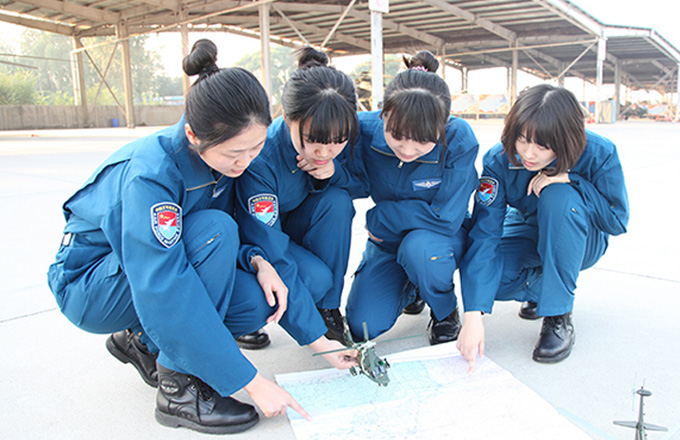Holiday sees generation gap for homecoming Chinese
SHANGHAI - Although she bagged a hard-earned train ticket home for the Spring Festival's annual family reunion, migrant worker Tu Jiani estimates she managed to spend less than 24 hours chit-chatting with her close relatives during her four-day-vacation.
Falling on February 10 this year, the Spring Festival marks the first day of the Chinese lunar new year, and also traditionally serves as the most important occasion for refreshing family bonds, especially for those who work or live far from home.
More and more young people like the 24-year-old Tu are working and settling down in cities. Tu's hometown in central China's Hunan Province is about 1,177 km from Shanghai, where she works as a waitress.
But for young people who have trekked cross-country to visit their parents, face-to-face conversation with their nearest and dearest may not provide the sweet experience they hoped for after the long journey. With the age gap between parents and their kids increasingly translating into a chasm of different values and expectations in China, more and more young people are having an uncomfortable time during family holidays.
Add to this youngsters' apparent addiction to mobile phones and online social media, and you have a recipe for family discord.
Tu says her vacation was largely spent not sharing quality time with her parents but locked into chatting with friends online, sending digital greeting messages as well as tweeting about the Spring Festival Gala show.
"Immersed in mobiles or online games, some people had little time for communicating with family and remained taciturn," says Tu, her words reflecting a common situation for many young Chinese.
Children born in or after the 1980s are increasingly more technologically savvy than their elders. Some have started an online campaign pledging to leave cell phones behind during family reunion dinners.
However, the Internet is not to blame, according to Tu. Rather, she says, the "interrogation" that parents spring on their returning children is the main factor making comfortable conversation a tricky business.
On China's Twitter-like microblog Sina Weibo, netizens have listed the 10 most awkward questions that young people are likely to encounter when they see their relatives. They include invasive quizzes about salaries and marital status.
Over 20,000 netizens have commented under the post. Some replied that they feel suffocated by their parents' overwhelming concerns prying into their private lives.
Yang Yang, a 24-year-old undergraduate in Xi'an, says she grew frustrated when her mother expressed dissatisfaction with her boyfriend after inquiring into specific details about his salary and job location.
"I think the difficulty in accepting my mom's opinion is that we are growing apart in terms of how I decide my own life, and they should live their own as well," says Yang.
Yang is one of the 1980s generation that are in many cases marrying late and postponing childbirth, an obvious sociological source of tension with parents.
Zhu Ming, a marriage expert with the Shanghai women's federation, believes work pressure, faster modern lifestyles and the economic development of China are all contributing to people getting married later. Also, she says, people born after the 1980s are less mature mentally than their parents were at their age and they generally have a longer study plan, all of which contribute to late marriage.
Yet the trend has also sprawled to those taking their first steps post-1990. Zhou Yunzhu, born in 1991, used to turn to her parents for problem solving when she was a freshman. But now eyeing graduation next June, Zhou says she would hesitate to rush home to face her mum and dad's pressing questions about her future plans.
"The thought of being embarrassed, misunderstood, and what's worse, having their ideas imposed upon me really freaks me out," says the 21 year old.
Zhao Changtian, editor of Mengya, a literature magazine known for targeting '80s and '90s children, maintains that China is entering an era of intensifying tensions between family tiers.
"Communication between generations becomes fragile when the younger generation has seen and experienced a pace of change in society far faster than their parents," Zhao says, but predicts that things may ease when the young generation grows to be the elders of their family.
"The word 'Spring Festival' conjures up the image of home, sweet home, altogether with the well-intentioned care of dear relatives, so please allow us the right of staying aside quietly, which is another way of expressing our love," wrote netizen "Zhoudeshijeixian" on Sina weibo.

























